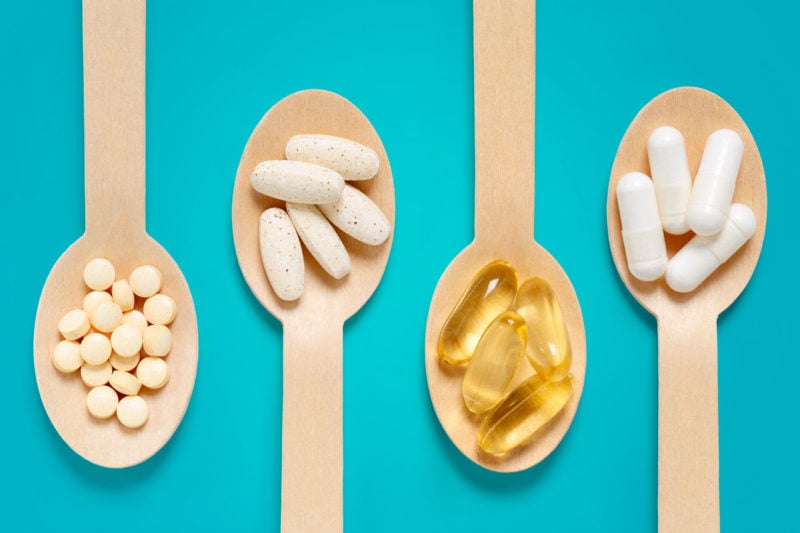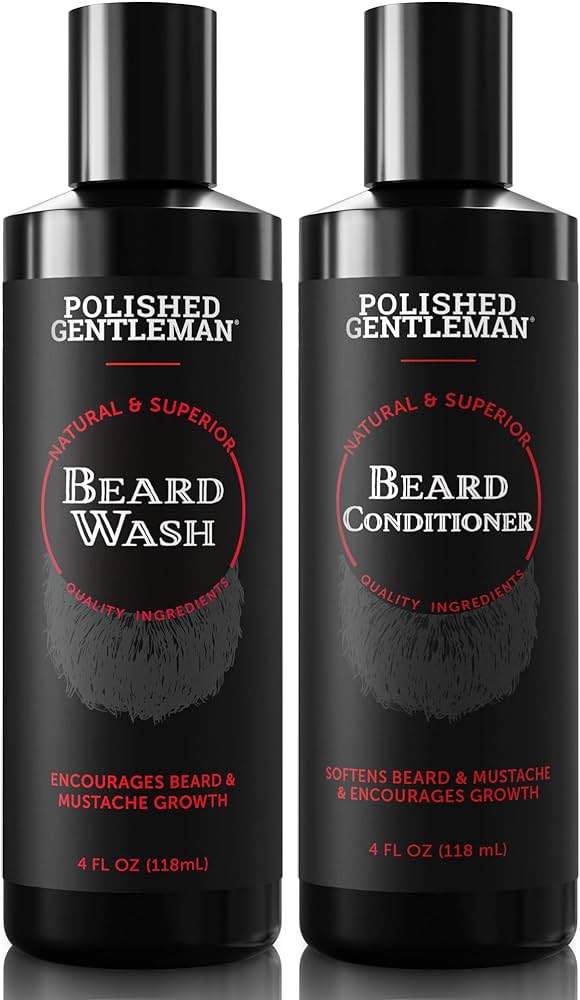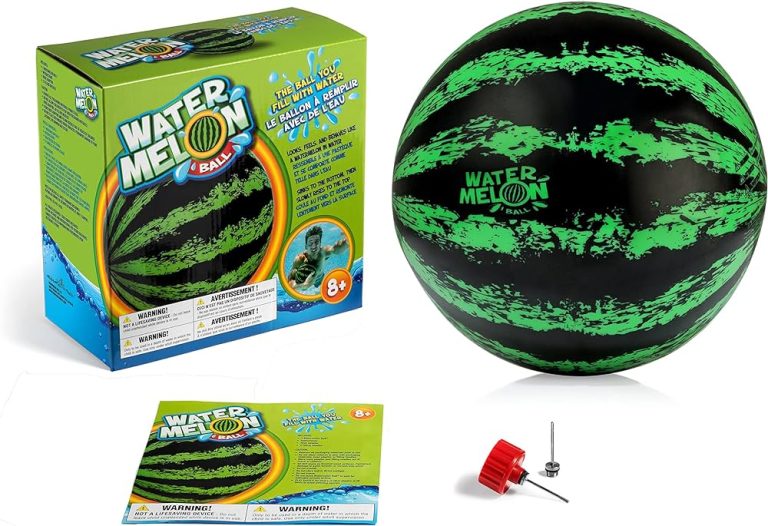9 Best Vitamins for Optimal Health: Essential Nutrients You Can’t Miss
In today’s fast-paced world, maintaining optimal health can be challenging. Vitamins play a crucial role in ensuring your body functions at its best, but with so many options available, choosing the right ones can feel overwhelming. Whether you’re looking to boost your immune system, enhance your energy levels, or support overall wellness, finding the best vitamins tailored to your needs is essential.
This guide will walk you through the nine best vitamins that can help you achieve your health goals. From essential nutrients to specialized supplements, we’ve got you covered with expert recommendations and insights. Let’s dive in and discover which vitamins can make a significant difference in your daily life.
Vitamin D: The Sunshine Vitamin
Vitamin D is crucial for your overall health and well-being. Often called the sunshine vitamin, it helps your body function at its best.
Benefits of Vitamin D
Boosts Immune Function: Vitamin D strengthens your immune system, reducing the risk of infections and illnesses. A study by the National Institutes of Health (NIH) highlights its role in warding off respiratory infections.
Supports Bone Health: It helps your body absorb calcium, which is essential for healthy bones and teeth. Adequate vitamin D levels can prevent bone-related conditions like osteoporosis.
Improves Mood: Vitamin D influences the production of serotonin, a mood-regulating hormone. Low levels can lead to mood disorders such as depression.
Enhances Muscle Function: This vitamin is vital for muscle strength and performance. Research indicates that vitamin D deficiency is linked to muscle weakness and falls, especially in older adults.
Best Sources of Vitamin D
Sun Exposure: Your skin produces vitamin D when exposed to sunlight. Spending 10-30 minutes in the sun several times a week can help maintain optimal levels.
Fatty Fish: Salmon, mackerel, and sardines are excellent sources of vitamin D. Just one serving of salmon can provide around 50% of your daily requirement.
Fortified Foods: Many foods like milk, orange juice, and cereals are fortified with vitamin D. Check labels to ensure you’re choosing options with added nutrients.
Supplements: If you have trouble getting enough vitamin D from food and sunlight, consider taking a supplement. Consult your doctor for the appropriate dosage based on your needs.
Vitamin C: Essential for Immunity
Vitamin C is a powerhouse antioxidant that boosts your immune system. Let’s explore its benefits and the best sources you can incorporate into your diet.
Benefits of Vitamin C
- Supports Immune Function: Vitamin C strengthens your body’s defenses against infections by encouraging the production of white blood cells. It also helps these cells function more effectively while protecting them from damage by potentially harmful molecules, such as free radicals.
- Promotes Skin Health: This vitamin is crucial for the production of collagen, a protein that aids in wound healing and keeps your skin looking youthful and vibrant.
- Enhances Iron Absorption: Vitamin C helps your body absorb iron from plant-based foods, preventing iron deficiency anemia.
- Reduces Chronic Disease Risk: As an antioxidant, Vitamin C combats oxidative stress, reducing the risk of chronic diseases like heart disease and certain cancers.
- Improves Heart Health: Regular intake of Vitamin C has been linked to lowering high blood pressure and improving overall heart health.
- Citrus Fruits: Oranges, grapefruits, lemons, and limes are excellent sources. Just one medium orange can provide you with all the vitamin C you need in a day.
- Berries: Strawberries, blueberries, and raspberries offer a delicious way to boost your Vitamin C intake.
- Bell Peppers: Surprisingly, bell peppers contain more Vitamin C per serving than citrus fruits. They are a versatile addition to salads, stir-fries, and sandwiches.
- Leafy Greens: Kale, spinach, and other leafy greens are nutritious options that also supply a healthy dose of Vitamin C.
- Tomatoes: Whether fresh, juiced, or in sauce form, tomatoes are another great source. Incorporate them into your diet through soups, salads, or pasta dishes.
- Broccoli: This cruciferous vegetable is not only packed with Vitamin C but also provides fiber, making it a great addition to any meal.
- Kiwi: One medium kiwi meets your daily Vitamin C requirement. It’s a tasty and convenient snack you can enjoy anytime.
Incorporating these sources into your diet will ensure you get enough Vitamin C to support your immune system and overall health.
Vitamin B12: Crucial for Nerve Function
Vitamin B12 is essential for maintaining nerve health. It’s vital for preventing nerve damage and ensuring your brain and nervous system function properly.
Benefits of Vitamin B12
Supports Nerve Cells: Vitamin B12 helps produce myelin, which protects nerve cells.
Boosts Brain Health: Adequate B12 levels can improve memory and cognitive function.
Promotes Energy: B12 aids in converting food into energy, reducing fatigue.
Prevents Anemia: It assists in red blood cell production, preventing megaloblastic anemia.
Best Sources of Vitamin B12
Animal Products: Beef liver, eggs, milk, and fish are rich in B12.
Fortified Foods: Some cereals, nutritional yeasts, and plant milk have added B12.
Supplements: B12 supplements are available in tablets, injections, and sublingual forms.
Incorporate B12-rich foods or supplements into your daily routine for optimal nerve health.
Vitamin A: Key for Good Vision
Benefits of Vitamin A
Boosts eye health. Vitamin A is essential for maintaining good vision. It’s a critical component of rhodopsin, a protein in your eyes that allows you to see in low-light conditions. Decreases risk of eye diseases. It can help prevent conditions like night blindness and age-related macular degeneration.
Enhances immune function. This vitamin strengthens your body’s natural defenses by maintaining the health of your skin and the mucous barriers in your eyes, lungs, and gut.
Promotes skin health. Vitamin A stimulates the production of new skin cells, helping to combat acne and promote wound healing.
Best Sources of Vitamin A
Include animal products. Liver, egg yolks, and dairy products are rich in Vitamin A. These sources contain retinoids, which your body can use directly.
Eat colorful vegetables. Carrots, sweet potatoes, and spinach are excellent sources of beta-carotene, which your body converts into Vitamin A.
Choose fortified foods. Many cereals and plant-based milk alternatives are fortified with Vitamin A, making it easier for you to meet your daily requirements.
Incorporate supplements. If you’re not getting enough Vitamin A through diet alone, consider a supplement. Just be cautious with dosage to avoid toxicity.
Vitamin E: The Antioxidant Power
Vitamin E is a powerful antioxidant that protects your cells from damage. It’s also essential for immune function and skin health.
Benefits of Vitamin E
- Protects Cells: Vitamin E shields your cells from free radical damage, which can prevent chronic diseases.
- Boosts Immune Function: It strengthens your immune system, helping you fight off infections more effectively.
- Improves Skin Health: Using Vitamin E can enhance skin moisture and reduce the appearance of scars.
- Supports Eye Health: It may reduce the risk of age-related macular degeneration, a leading cause of vision loss.
- Promotes Heart Health: Vitamin E lowers oxidative stress and inflammation, potentially reducing heart disease risk.
- Nuts and Seeds: Almonds, sunflower seeds, and hazelnuts are excellent sources.
- Vegetable Oils: Sunflower, safflower, and wheat germ oils are rich in Vitamin E.
- Leafy Greens: Spinach and Swiss chard have significant amounts of the vitamin.
- Fortified Foods: Many cereals and dairy products are fortified with Vitamin E.
- Avocados: These fruits provide a healthy dose along with good fats.
Investing in a diet rich in Vitamin E can lead to numerous health benefits, making it a crucial component of your nutrition.
Vitamin K: Important for Blood Clotting
Vitamin K plays a crucial role in blood clotting, ensuring your body can prevent excessive bleeding. Additionally, it supports bone health and may improve cardiovascular functions.
Benefits of Vitamin K
- Blood Clotting: Vitamin K activates proteins needed for clotting, preventing excessive bleeding when you have cuts or injuries.
- Bone Health: Vitamin K helps regulate calcium binding, contributing to stronger bones and lowering osteoporosis risk.
- Heart Health: Vitamin K prevents arterial calcification, reducing heart disease risk.
- Leafy Greens: Kale, spinach, and broccoli are excellent sources, providing ample amounts of Vitamin K1.
- Fermented Foods: Natto, a fermented soybean dish, is rich in Vitamin K2, beneficial for bone and heart health.
- Vegetable Oils: Soybean and canola oils offer Vitamin K, which can be integrated into your daily cooking.
- Animal Products: Liver, beef, and eggs contain Vitamin K2, supporting various bodily functions.
Vitamin B6: Metabolism Booster
Vitamin B6, also known as pyridoxine, plays a crucial role in metabolism and overall health.
Benefits of Vitamin B6
Boosts Metabolism: Vitamin B6 helps your body convert food into energy, aiding in the metabolism of proteins, fats, and carbohydrates.
Supports Brain Health: This vitamin aids in the production of neurotransmitters like serotonin and dopamine, helping regulate mood and cognitive function.
Improves Immune Function: Vitamin B6 is vital for maintaining a healthy immune system as it assists in the production of antibodies.
Reduces PMS Symptoms: It can help alleviate symptoms associated with premenstrual syndrome (PMS), such as mood swings and irritability, by regulating hormone levels.
Promotes Heart Health: By controlling homocysteine levels in your blood, Vitamin B6 reduces the risk of heart disease.
Best Sources of Vitamin B6
Poultry: Chicken and turkey are excellent sources of Vitamin B6, providing you with a significant portion of your daily needs.
Fish: Fatty fish like salmon and tuna offer high levels of Vitamin B6 along with other essential nutrients.
Whole Grains: Foods like brown rice, oats, and whole wheat bread are good plant-based sources of this vitamin.
Vegetables: Starchy vegetables such as potatoes and sweet potatoes are rich in Vitamin B6.
Nuts and Seeds: Sunflower seeds, sesame seeds, and pistachios can boost your Vitamin B6 intake in a healthy way.
Remember, incorporating these Vitamin B6-rich foods can significantly boost your metabolism and support numerous body functions.
Folate (Vitamin B9): Essential During Pregnancy
Benefits of Folate
Folate is crucial for pregnant women as it prevents neural tube defects in developing babies. It also supports DNA synthesis, cell division, and proper fetal development. A lack of folate can lead to complications such as anemia and, in severe cases, miscarriage. For expecting mothers, adequate folate intake is non-negotiable.
Best Sources of Folate
Incorporate leafy greens like spinach and kale into your diet, as they’re rich in folate. Legumes, such as lentils and chickpeas, are another excellent source. Citrus fruits like oranges and grapefruits provide natural folate. Additionally, fortified cereals and bread can help you meet your daily folate requirements. Always choose fresh or steamed vegetables to maximize folate retention.
Conclusion
Understanding the role of various vitamins is key to maintaining optimal health. From supporting your immune system to promoting heart health and proper fetal development, these nutrients are vital. Make sure you’re incorporating a diverse range of vitamin-rich foods into your diet. This ensures you get the essential vitamins your body needs to function at its best. For expecting mothers, paying special attention to folate intake can make a significant difference in pregnancy outcomes. Stay informed and prioritize your health through mindful nutrition.






